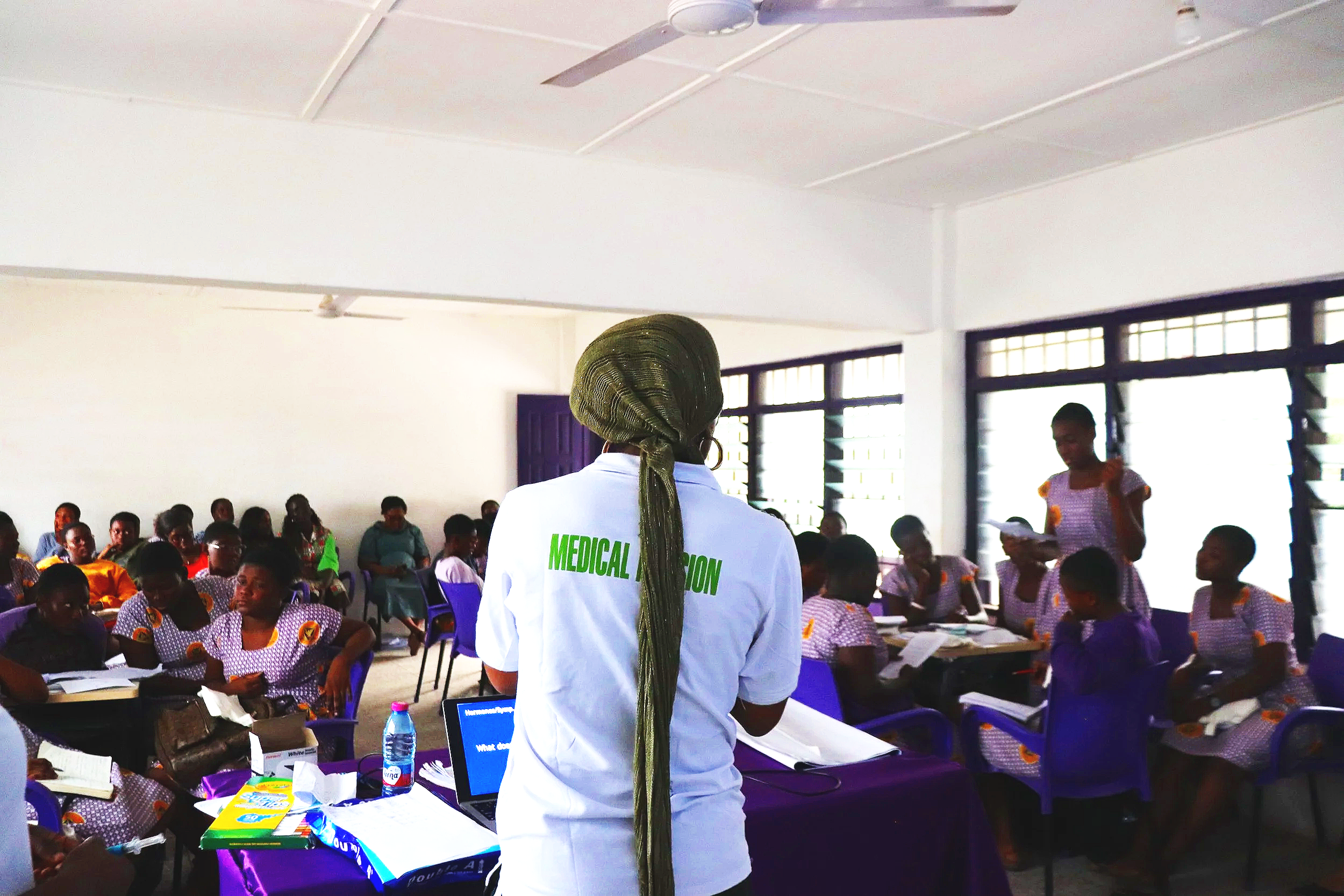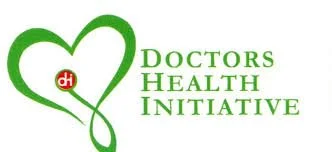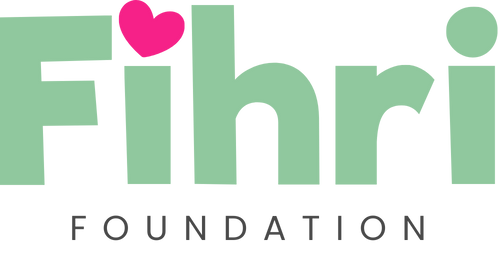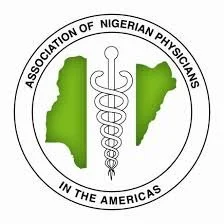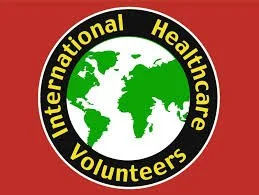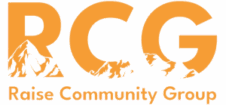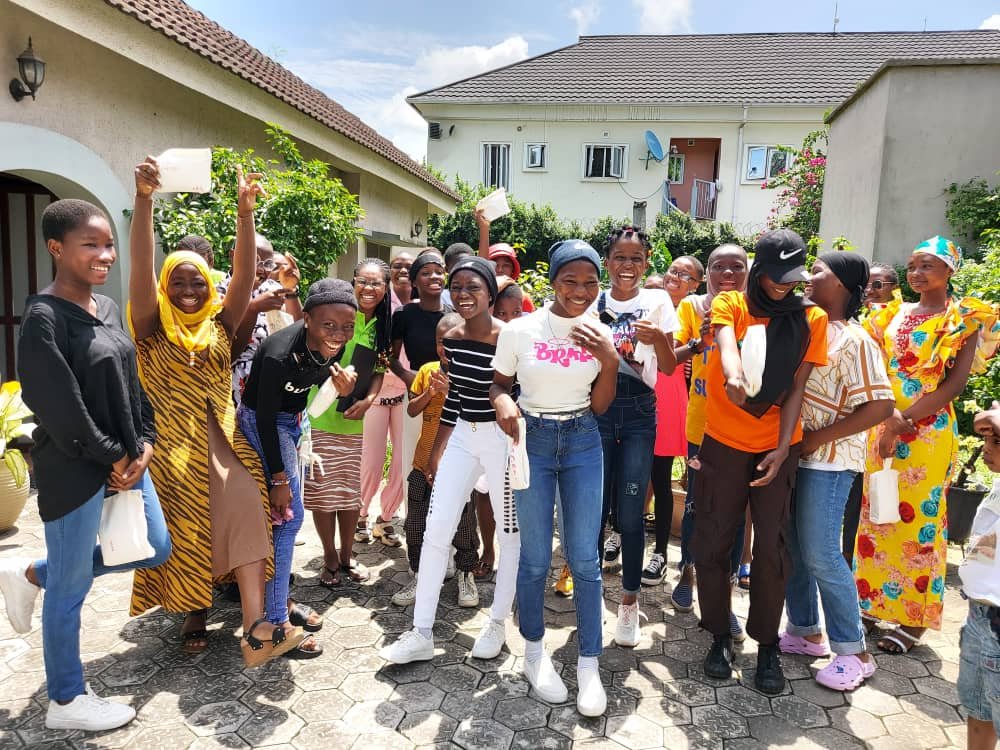
African Menstrual Health Initiative
Supporting Menstrual and Reproductive Health amongst young girls and women across Africa and its diaspora
The ‘African Menstrual Health Initiative’ (AMI) program seeks to empower students and young girls across the African continent through menstrual health management and education. For many girls, the right to education is still one that is not equitable. AMI utilizes teaching, collaboration, and conversation to help address gaps in knowledge surrounding menstruation and teach girls how to use and gain access to various forms of menstrual products, teaching the science and biology behind why menstruation occurs and using this knowledge and our dialogue to help deconstruct and breakdown stigma surrounding menstruation in girls’ local communities. By the end of our program, our students leave feeling empowered with knowledge and community leadership skills.
Learn more about our medical mission in Cape Coast, Ghana with International Healthcare Volunteers (IHCV) at Aggrey Memorial Senior School
Interested in joining our team? Apply Now!
Interested in joining our team? Apply Now!
AMI is currently looking to expand our team! From high school students, undergraduates, grad school/med school students, doctors, and more, there is a place for everyone at AMI.
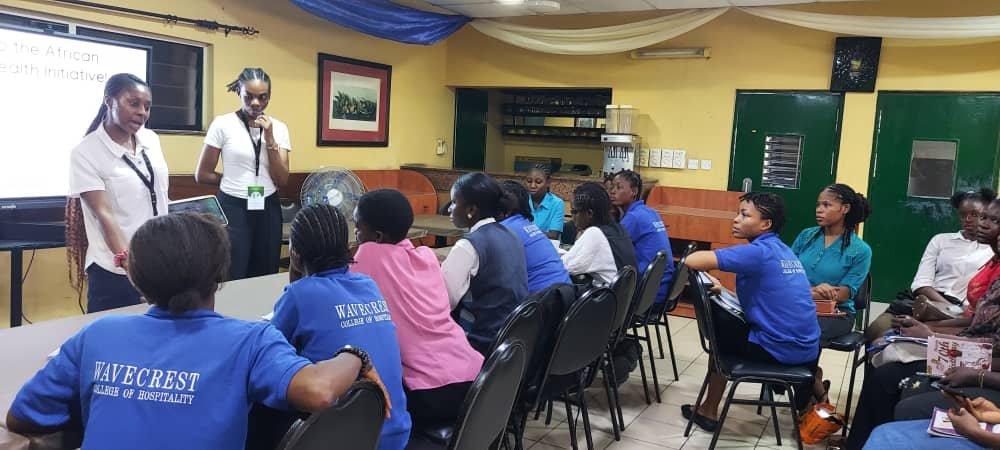




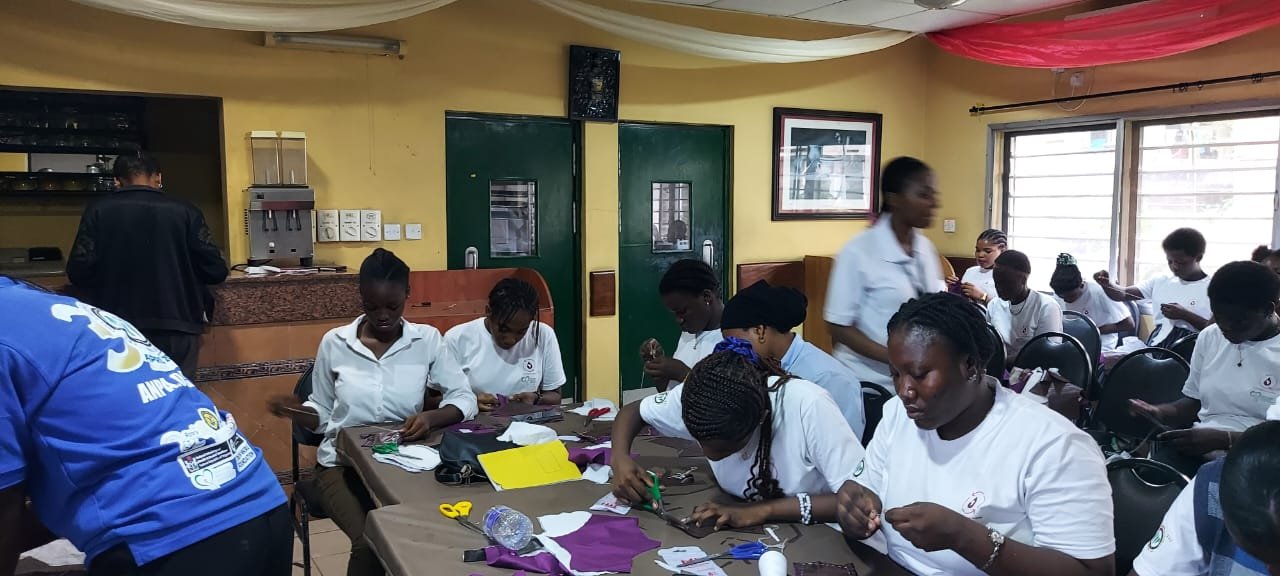
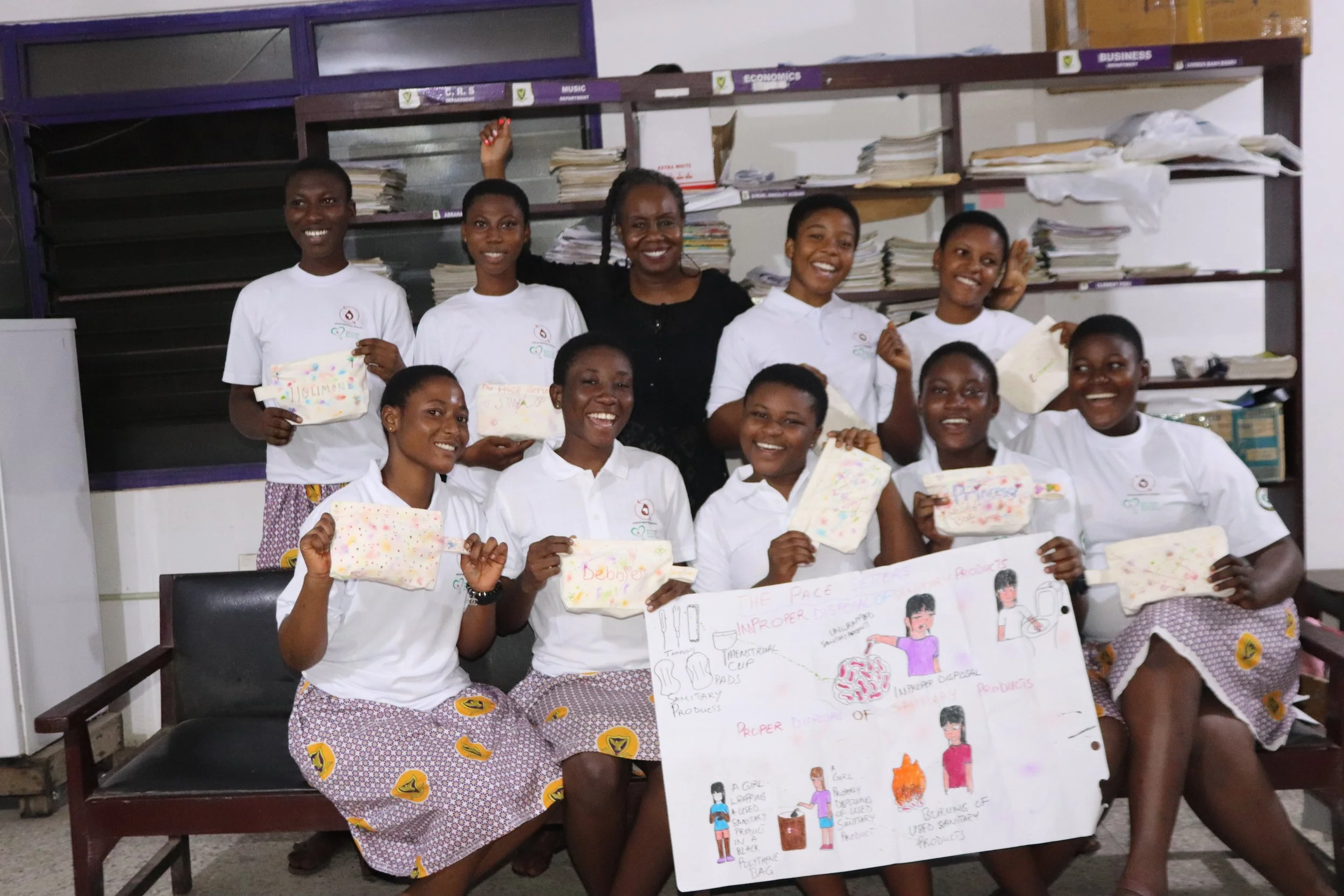

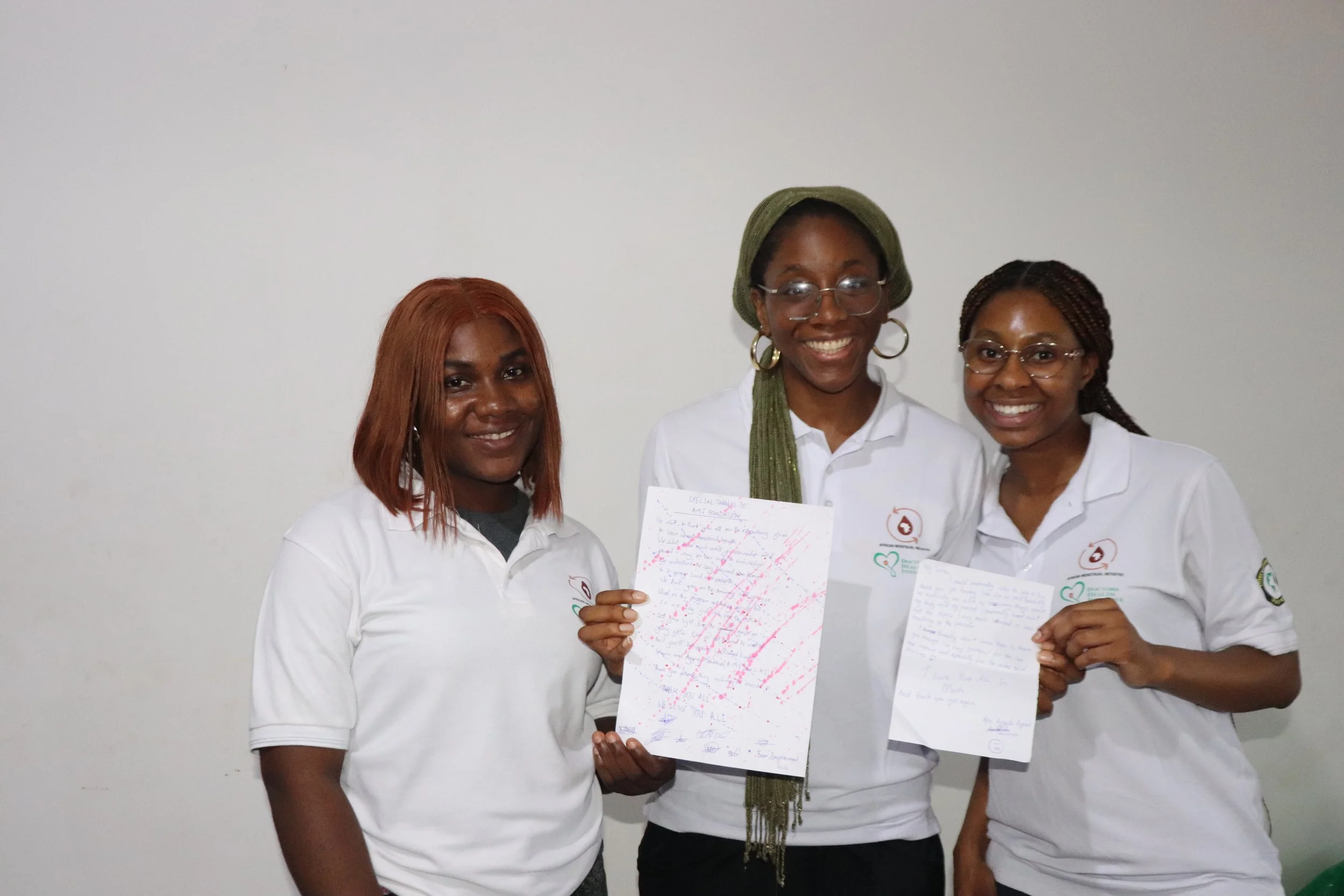
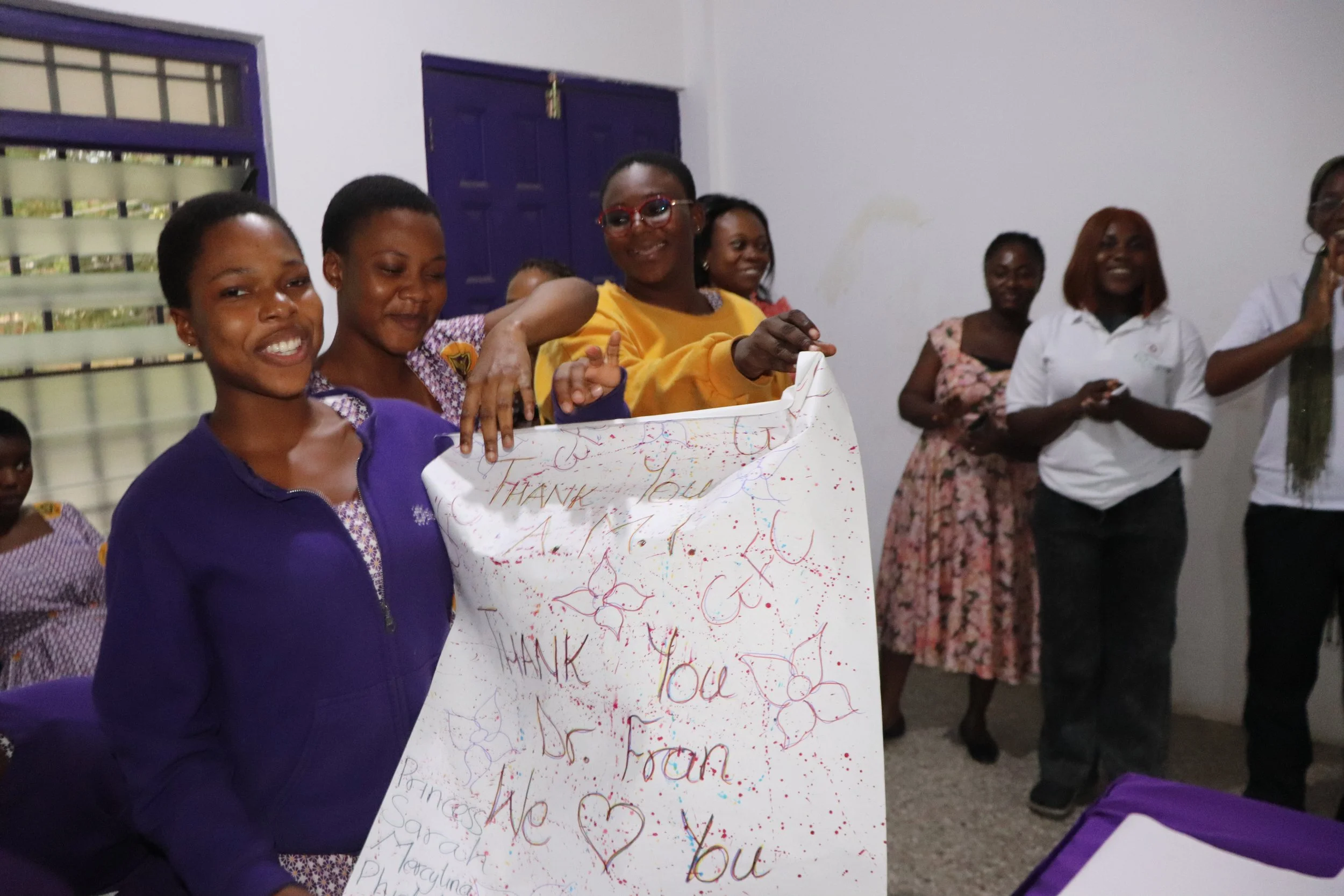
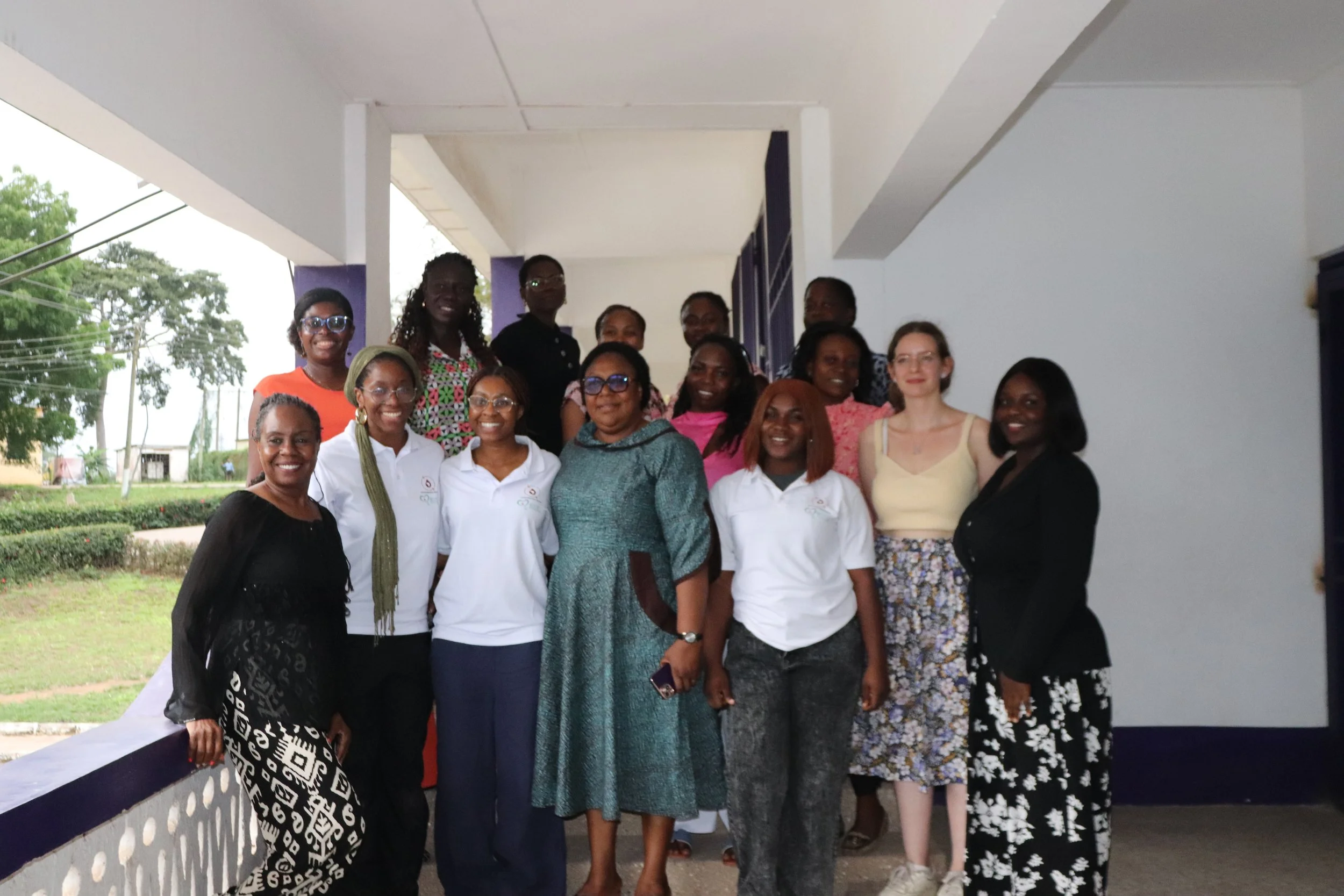
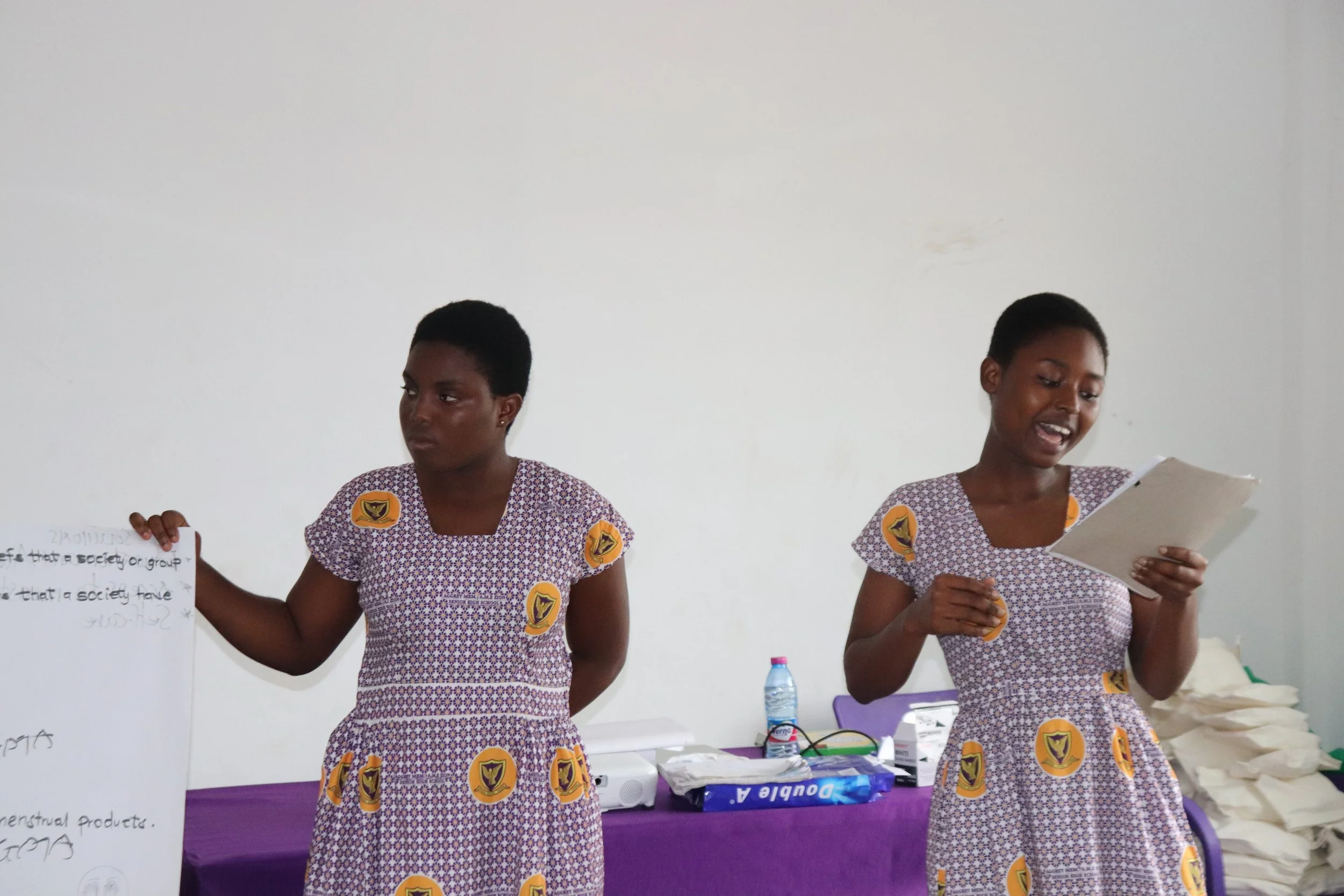
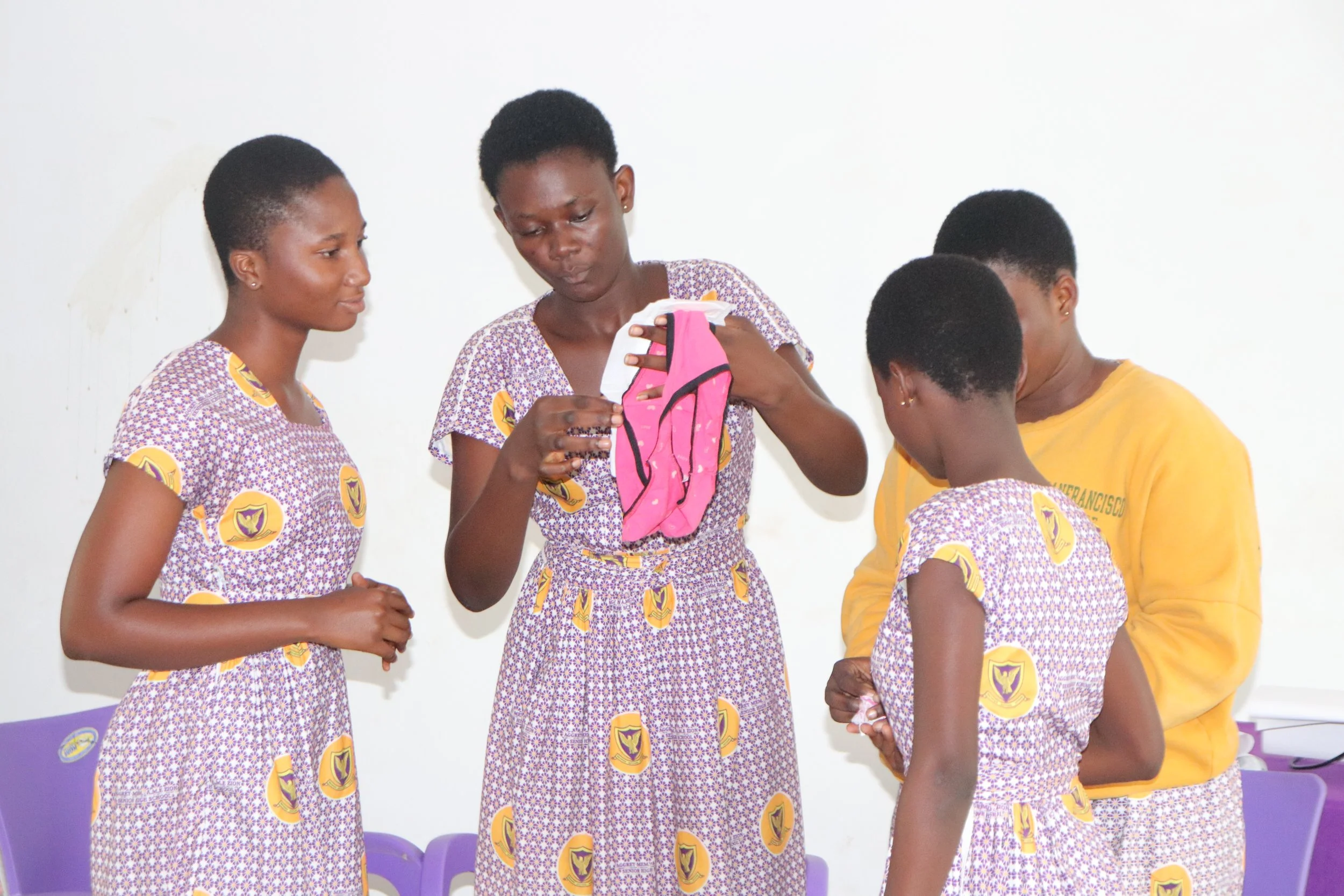
Period Poverty in Africa
Across the continent, period poverty runs rampant, impacting young girls’ development and education. In Nigeria, 37 million women and girls exist in period poverty. Girls make up 60% of Nigeria’s 10 million out-of-school children, with Nigeria accounting for 45% of all out-of-school children in West Africa. In Ghana, women continue to raise awareness of the rising prices of sanitary products. Women in Ghana are estimated to spend approximately “3-13% of their salary to buy two packets of sanitary towels containing eight pads - what many women will need each month,” according to BBC. Menstrual health management (MHM) and reproductive health (SRH) are two sectors of girls’ and women’s health that play a significant role in one’s ability to attend school equitably. If education is to be a right, AMI firmly believes that menstrual products and hygiene are essential rights for all students.
Fundraising
Funding will go into providing laptops and internet to students to participate in the program for the two-four-month duration, along with bringing in speakers who work and advocate for menstrual health management and reproductive health across the world, doctors who provide proper education regarding the science and biology behind menstruation, and researchers who are actively expanding the world’s knowledge on menstrual anatomy, which are all vital for students to understand and take agency over their health and bodies.
Donations also include the following:
Menstrual Hygiene Kits
Workshop Programs to teach and train students in menstrual hygiene
Technology used for student presentations
Laptop sponsorship program to sponsor a laptop for one student
Covering costs for team members to travel and participate in programming nationally and abroad
Providing students lunches and snacks every session
Art workshops, menstrual hygiene training, education products, online curriculum development, and more!
Our why
Menstrual sanitation is deeply tied to an adolescent girl’s sense of identity and sexuality. It is an essential navigator into other aspects of life, including health and education. To address the growing disproportion of girls who are out-of-school children, implementing such a program can become the beginning of a growing educational program that properly tackles the issue of MHM and the stigma surrounding it while also helping empower girls by assisting in providing them an education, a teamwork ethic, and a voice to be able to advocate for themselves, form supportive networks in their local communities, gain access to resources, and spread awareness beyond the program.
We want our program to serve as an engaging introduction into the sciences for young girls. Using menstrual science to inspire a curiosity about science and biology and how it relates to them and their lives. What is the role of research in creating solutions for issues regarding menstrual and reproductive health? From Harvard researchers who have given lectures on current advancements on the role of endometerial cells in revealing deeper understandings of cells’ capacity to regenerate to OBGYN residents who taught our students about cervical cancer and the role of vaccinations and pap smears to combat this disease, we want to change the narrative that menstrual and reproductive health is only relevant to pregnancy, but instead, is a field of knowledge that if engaged, can make us stronger.
Menstrual education is more than just a sanitary pad. It is the right to feel comfortable in your body. To know that menstruation does not make you strange. AMI gives our students the language to communicate their health needs in any setting. Whether in the classroom, at home, or in a doctor’s office, AMI empowers and teaches our students how to be their best advocates and own their bodies. This confidence transcends into their education, their leadership abilities, and their friendships with one another.
Thank you to our partners for making this work possible!

Contact
Feel free to contact us with any questions or interests in collaborating.
Email
africanmenstrualinitiative@gmail.com

